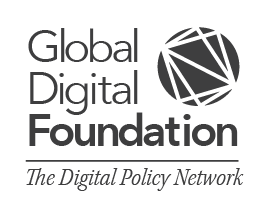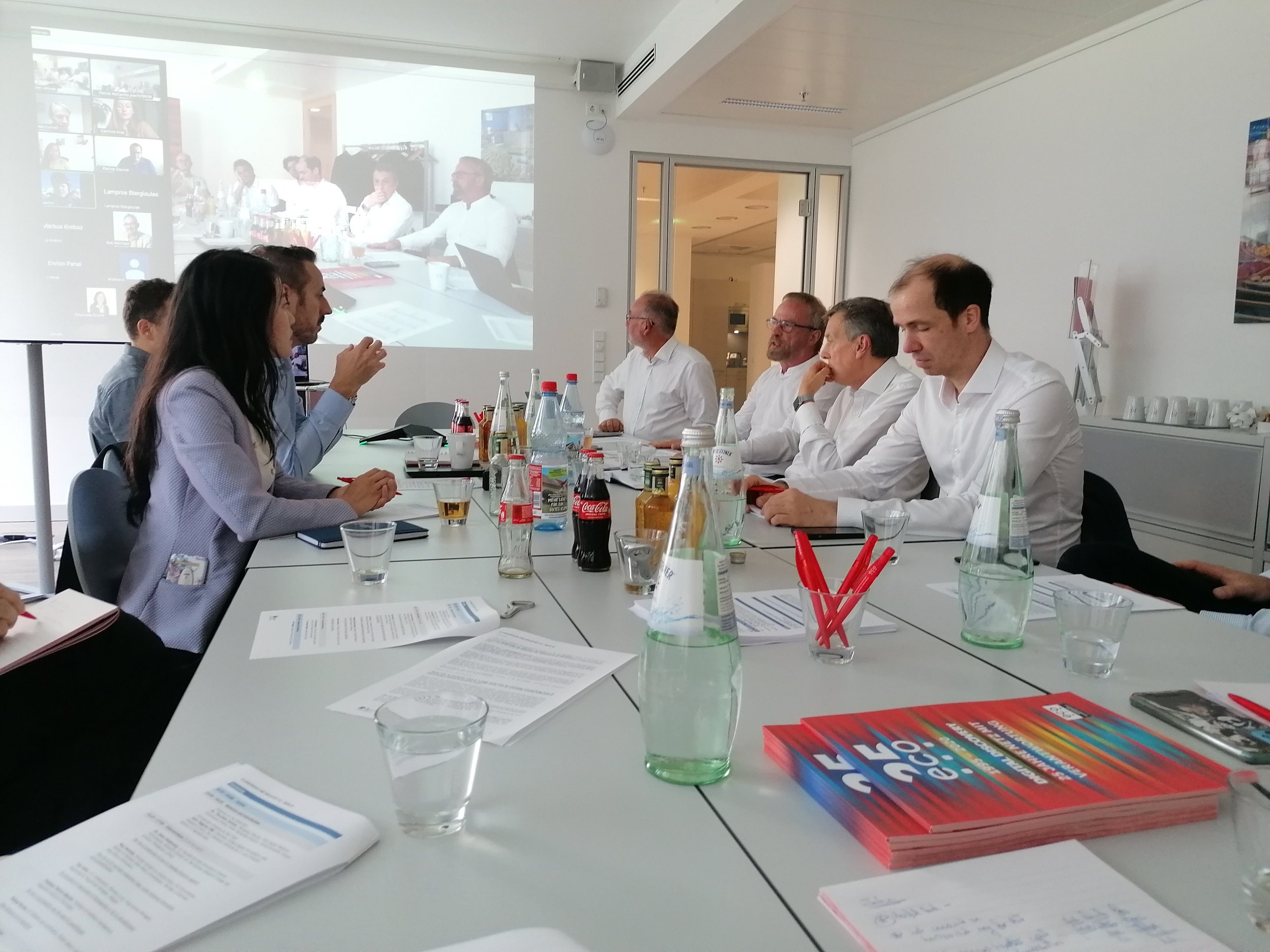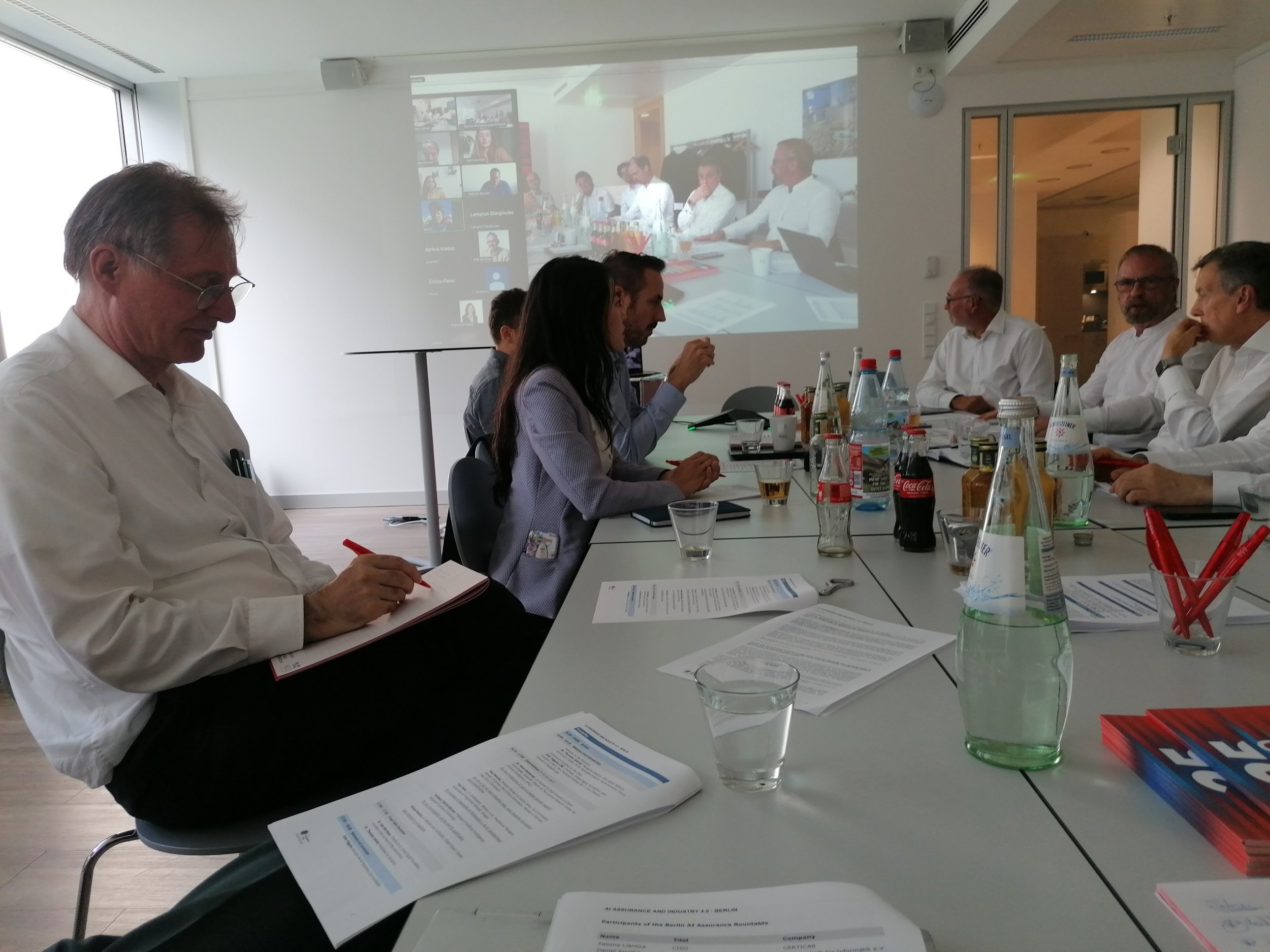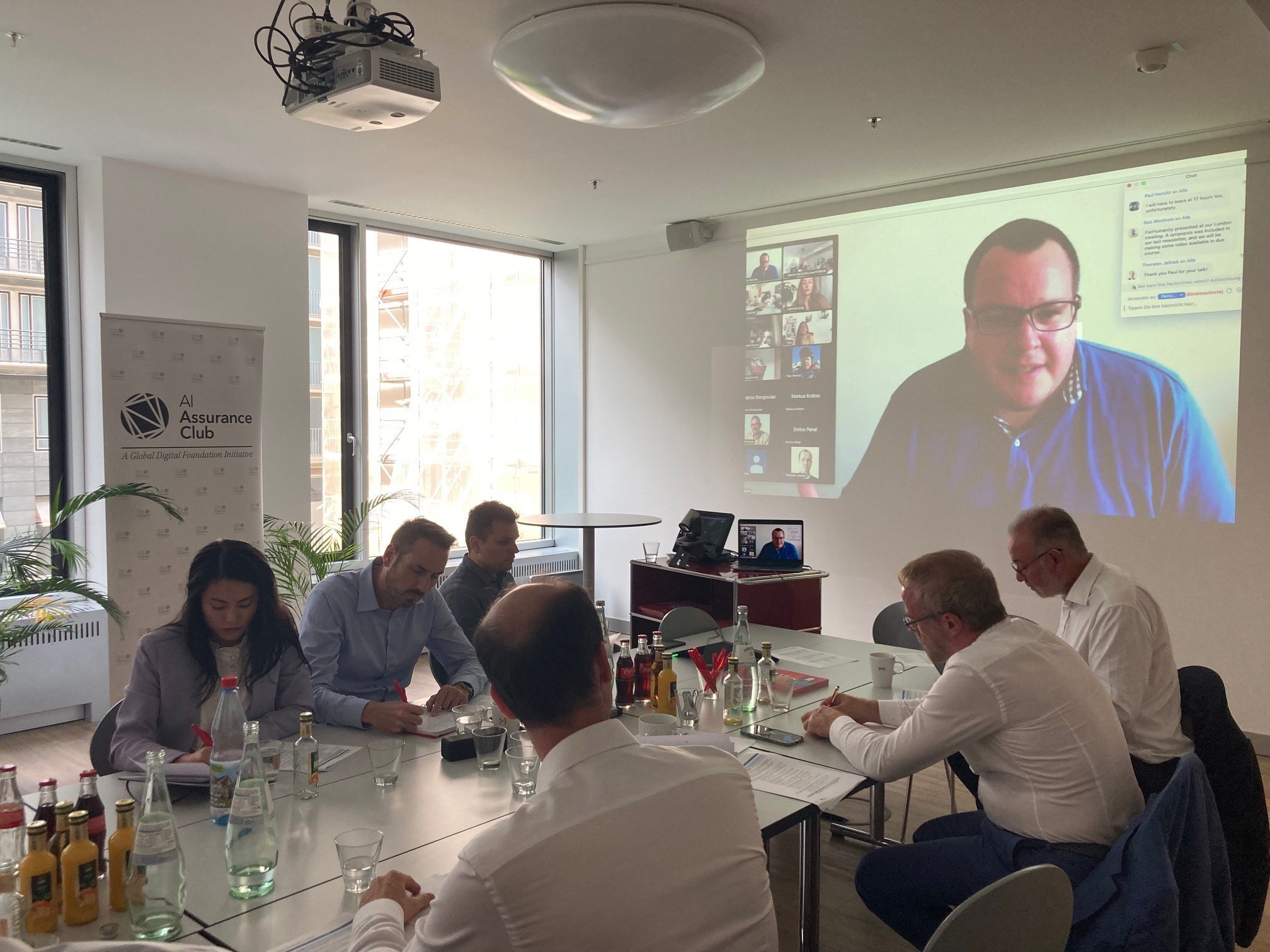We were pleased to host AI Assurance and Industry 4.0, a roundtable discussion at which experts from government, industry, and academia offered insights on measures to increase trust, innovation, and competitiveness. Dr Hans Uszkoreit, co-founder and Chief Scientist of GIANCE Technologies, started by sharing his analysis of Europe’s place within the global AI landscape. When we look closely across different dimensions, such as the development of new algorithms or levels of penetration, it is far from clear that either the US or China is leading overall. Where Europe could emerge as a leader is in the field of Enterprise AI. Rather than standalone products, most AI systems will be in business processes and embedded products, with many applying decision intelligence. When it comes to regulation and assurance, Enterprise AI presents unique challenges due to the complexity of value chains and decision-making processes.
Turning to European law and policy, we then heard from the European Commission’s Principal Adviser on Justice Policy, Paul Nemitz, who set out the rationale for the EU legislative framework. Paul made the argument that, while the proposed Act creates documentation and process obligations, it does not create any new substantive obligations for businesses. Far from hampering innovation and competition, EU regulation creates a level playing field and can also support the development of a competitive market in AI assurance services.
A somewhat dissenting perspective was offered by Professor Patrick Glauner, who has recently given expert evidence to a joint session of the European Union affairs committees of the German federal parliament and the French National Assembly. Representing the more sceptical side in the debate about horizontal AI legislation, he suggested reform of product liability laws would be a more effective means of regulating AI.
Speaking in a personal capacity, Toju Duke, Responsible AI Program Manager at Google and Women in AI UK Ambassador, brought our attention back to issues of fundamental rights and the risks posed to end users. She argued that, in order lay strong foundations for trust in AI, and to minimise harmful effects on individuals, relevant frameworks must be developed. To enable this, the AI assurance community must continue to build diverse and inclusive teams.
Our final speaker was Roland Norden who manages a project on AI validation and verification at Bosch. He set out the ways that Bosch currently leverages AI, including in their dedicated AI unit, and talked us through test data standardisation as one potentially important development in AI assurance. Data standardisation, as Roland explained, has particular promise for high-risk and safety relevant applications.
Following these interventions, we had a wide-ranging discussion amongst participants in Berlin and those joining online, with topics including: AI assurance in procurement, the relationship between AI transparency and protection of IP, liability, and insurance. There was much consensus around the need for the involvement of all relevant stakeholders in AI assurance to help fully operationalise the objectives of legislation whilst minimising costs to businesses and consumers.
Keep up to date with AI assurance news, events and analysis, and be part of the conversation by joining our community.



